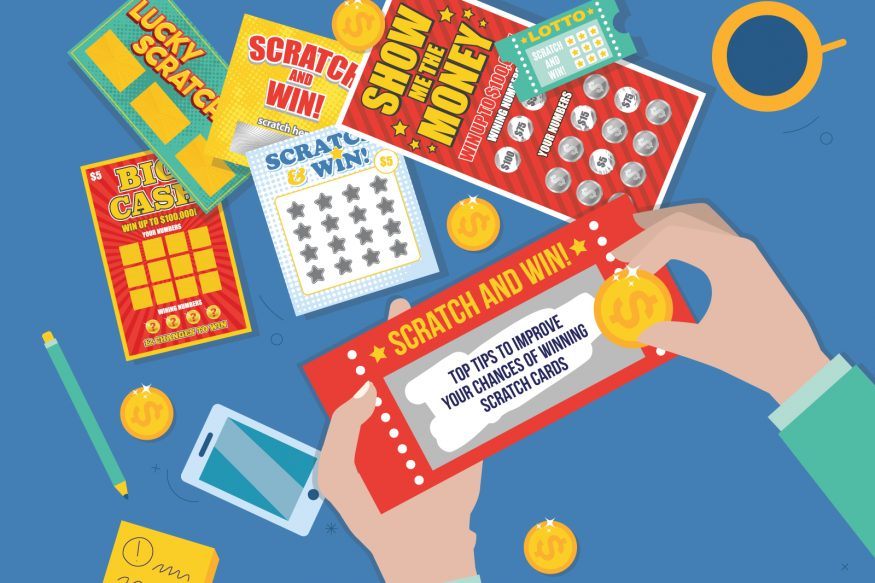Redefining the Lottery

2023-03-04
Title: Redefining the Lottery: A Tool for Social Welfare and Responsible Gaming
The lottery has been a popular form of entertainment for many years, but the current system is often criticized for benefiting only a few individuals while ignoring the needs of the wider population. Furthermore, it has been linked to gambling addiction and the exploitation of vulnerable individuals. If the Canadian government wants to make the lottery truly beneficial, it needs to redefine it as a tool for social welfare and responsible gaming.
One way to achieve this is by redesigning the lottery ticket to make it as plain and boring as possible, without any flashy or attractive visuals, and with no addictive sounds when someone wins. This would make it less likely to manipulate the brains of influenceable, desperate people, and help those who may have a tendency to develop gambling problems. Additionally, the government should limit the number of tickets a person can buy per year, ensuring that the same person cannot win twice, and capping the maximum amount that can be won. This would ensure that more people have the chance to win an amount that could significantly improve their lives, rather than only benefiting a select few.
Furthermore, having a single prize amount that is based on the average yearly salary with inflation taken into consideration could ensure that the winnings are more evenly distributed among the population. This would reduce the wealth gap between the winners and the rest of the population and make the lottery more appealing to those who can benefit the most from it.
Selling tickets at the lowest possible price, around $1, would encourage more people to participate. However, the option to buy the ticket would only be available for a limited time, which would help to keep the lottery under control.
It is important to note that the government should not be running casinos and other problematic centers that were once criminalized for good reason, such as drugs and gambling, as it could become a replacement for organized crime and trap vulnerable individuals in such a system.
Furthermore, the new welfare lottery winnings should not be taxed, as it is a prize from the government.
By redefining the lottery as a tool for social welfare and responsible gaming, the Canadian government could help to address the issue of gambling addiction and the exploitation of vulnerable individuals. By making the changes suggested in this article and ensuring that the government does not become a replacement for organized crime, the lottery could become a more effective tool for social welfare and responsible gaming, rather than solely focused on generating revenue.